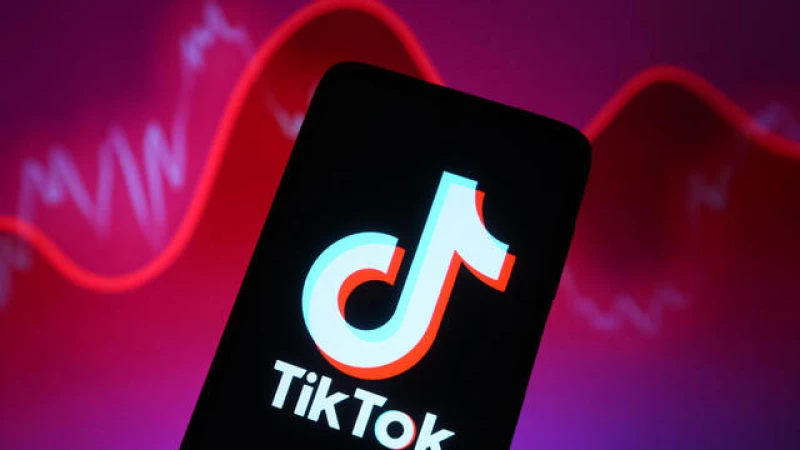TikTok may be facing a crossroads sooner than later, with a divest-or-ban bill getting fast-tracked in Congress.
The bill, which would require TikTok's Chinese owner ByteDance either to sell the popular social media network or face a ban in the U.S., has been attached to an aid package for Ukraine and Israel, according to a memo issued by House Speaker Mike Johnson, a Republican from Louisiana.
"We expect the vote on final passage on these bills to be on Saturday evening," Johnson wrote in the memo to House Republicans.
"It is unfortunate that the House of Representatives is using the cover of important foreign and humanitarian assistance to once again jam through a ban bill that would trample the free speech rights of 170 million Americans, devastate 7 million businesses, and shutter a platform that contributes $24 billion to the U.S. economy, annually," a TikTok spokesperson told CBS News.
What is behind the TikTok divest-or-ban bill?
The bill's creation was sparked by concerns about the troves of personal user data collected by TikTok and ByteDance, which critics claim poses a national security threat, based on fears the information could be tapped by the Chinese government.
Some have raised concerns about the legality of targeting a specific company and the potential impact on freedom of speech by removing a popular social media platform.
What was the outcome of the previous bill?
This new version of the TikTok bill follows a previous attempt that was approved in the House but faced challenges in the Senate.
Given that this bill is tied to aid packages for Ukraine and Israel, it may have an easier path through Congress.
What sets this TikTok bill apart?
There are some differences from the earlier bill. In this updated version, the owner of TikTok is given more time to sell the platform, with a 9-month window for divestment and a possible 3-month extension, as outlined in a draft of the bill released on Wednesday.
The previous bill would have required ByteDance to divest TikTok within six months or face a nationwide ban.







